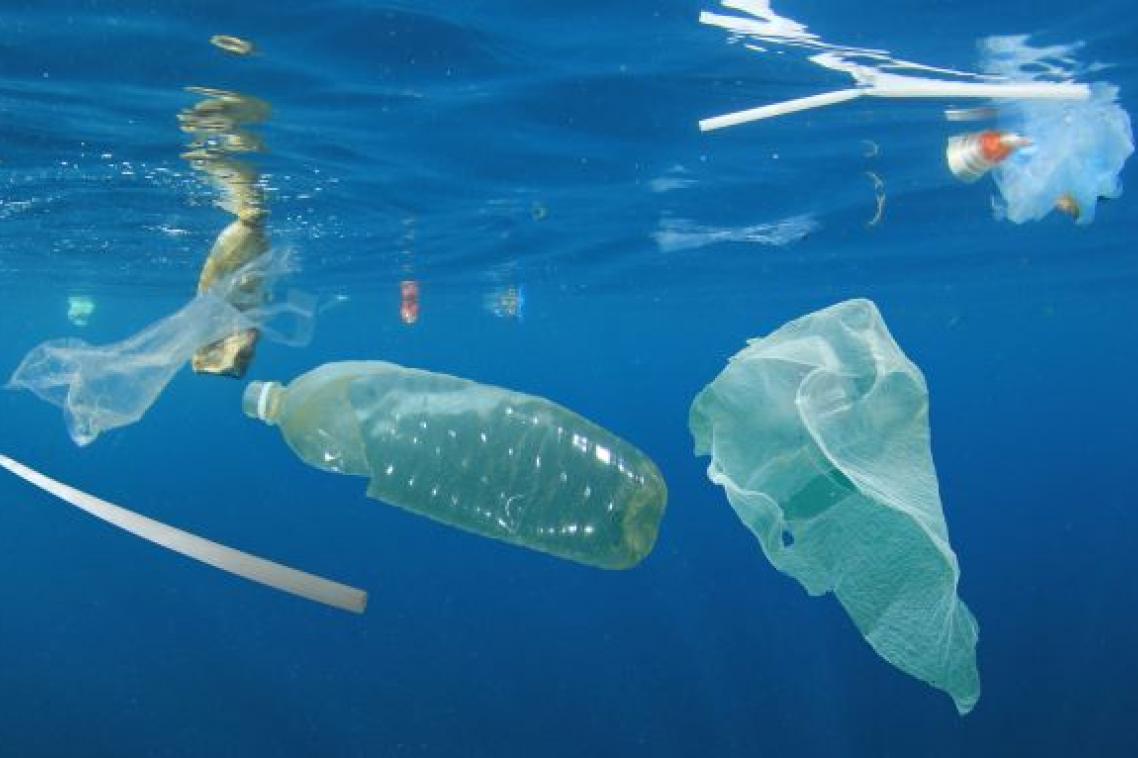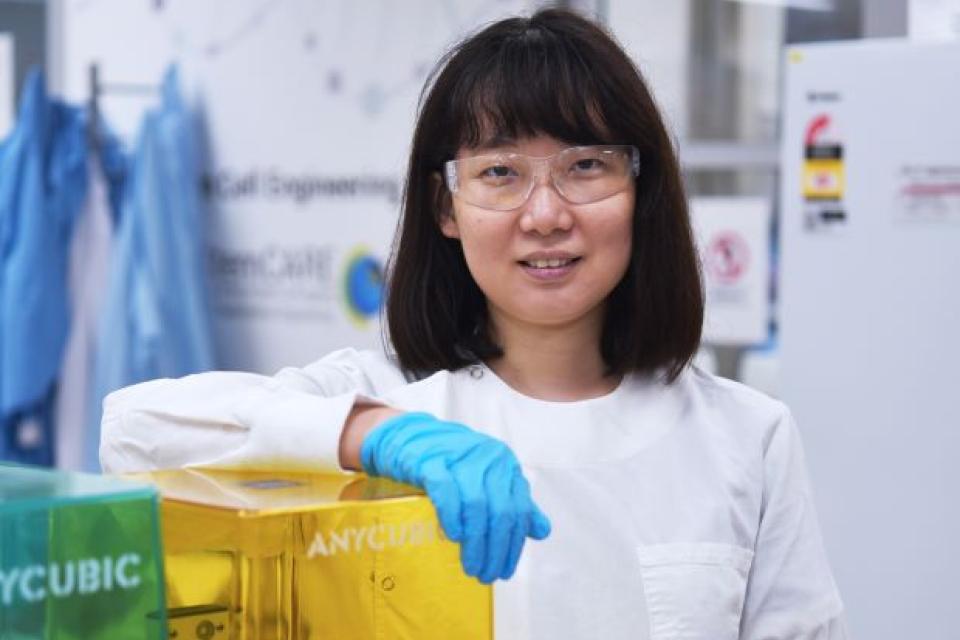Salt water-degradable plastics to help oceans

University of Queensland researchers are developing a plastic that breaks down in seawater to help turn the tide on marine waste.
Dr Ruirui Qiao from UQ’s Australian Institute for Bioengineering and Nanotechnology is refining new polymerisation techniques for an affordable and biodegradable plastic to replace existing products.
“Our oceans are being clogged by long-lasting plastic containers, bags and even microplastics - which pose a significant threat to ecosystems including millions of seabirds and mammals,” Dr Qiao said.
“Awareness of the problem has risen in the past few years, but the sheer volume of waste going into the water means we need to find new solutions.
“We think plastic degradation technologies could be part of the answer.”
Dr Qiao is working with AIBN colleague Professor Tom Davis and Professor Xuan Pang and Professor Xuesi Chen from the Changchun Institute of Applied Chemistry on the project.
The team is developing a range of high-value, customised seawater-degradable plastics using 3D-printing techniques developed by Dr Qiao’s research group at AIBN, and polymeric materials generated by the Chinese Academy of Sciences.

Dr Qiao said one technique they’ll use, called ring-opening polymerisation, allows them to precisely control the mechanical strength and shape of the plastics while giving the plastics a low-toxic polyester ‘backbone’.
“This means the plastics are able break down to a molecular state in marine environments,” she said.
Dr Qiao said the goal is to commercialise a new line of products in Australia and China within five years to replace traditional plastics and tap into a biodegradable market expected to exceed $9.5 billion by that time.
“Effective seawater-degradable polymer plastics will reduce plastic debris in oceans, boosting the health of ecosystems and the quality of life in communities around the world,” she said.
“We are also fostering collaboration between research groups in Queensland and China to further our strengths in polymer science and additive manufacturing.”
Image above left: Dr Ruirui Qiao
Media: AIBN Communications, Alex Druce, a.druce@uq.edu.au, +61 447 305 979; UQ Communications, communications@uq.edu.au, +61 429 056 139.
Related articles

New data reveals how Australia’s threatened reptiles and frogs are disappearing – and what we have to do

Sunlight-powered breakthrough turns methane into valuable ethylene
Media contact
UQ Communications
communications@uq.edu.au
+61 429 056 139
